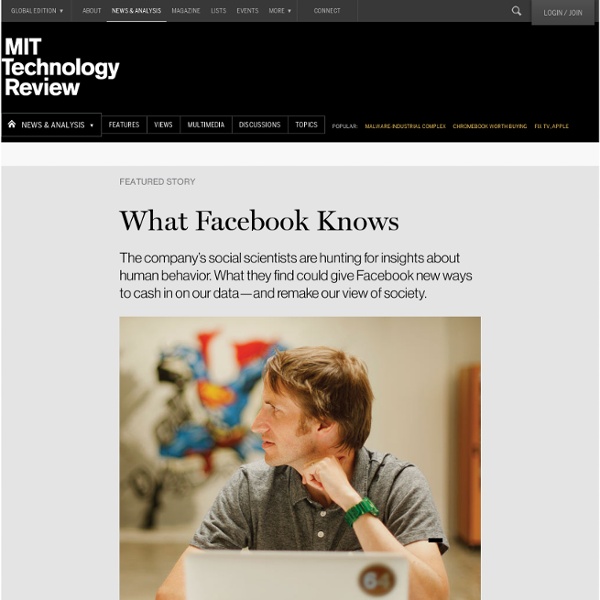Miso project: how it will help you make your own Guardian-style infographics and data visualisations | News
The Miso project and Cabinet Office spending Here on the Guardian's data team, we've wanted to help you visualise our data and create new viz styles for a long time. And now, thanks to some great work by the Guardian's Interactive team, that dream has moved one step closer. This week, developers Alastair Dant and Alex Graul launched the first part of the Miso project. In this piece, Alex explains it is a Set of Open Source tools designed to make it faster and easier to create high quality interactive and data visualization content You can see more about the project here on its home page - which also has some examples of visualisations created using the code. It's funded by the Bill & Melinda Gates foundation, as part of its support of our Global Development site - and has been developed with Boston-based Bocoup. If you're not a developer but just interested in data and journalism, you might be a bit baffled by how it can help you, but it does. That's still in the future. More data
Floating Seawer Skyscraper Rids the World’s Oceans of Plastic While Generating Clean Energy Seawer The Garbage-Seascraper - Gallery Page 2
One of the most infamous plastic debris patches is located in the North Pacific Subtropical Gyre, commonly referred to as the Great Pacific Garbage Patch (GPGP). Millions of tons of trash enter the ocean each year and cluster in particular areas of the world’s oceans. One of the most infamous plastic debris patches is located in the North Pacific Subtropical Gyre, commonly referred to as the Great Pacific Garbage Patch (GPGP). This piece of “plastic soup” is twice the size of Texas and contains six times more plastic than plankton biomass. Seawer skyscraper was designed to tackle this issue while generating electricity at the same time. Related: Sand Babel: Solar-Powered Twisting Skyscrapers 3D-Printed with Desert Sands South Korean designer Sung Jin Cho submitted the Seawer Skyscraper project as his proposal for this year’s eVolo Skyscraper Competition. + 2014 eVolo Skyscraper Competition
Social Media Monitoring, Analytics and Alerts Dashboard
国際ジャーナリスト 中丸 薫オフィシャル
Pimpact
A month ago I drafted a post about personal impact metrics, spurred on by Amber Thomas coining the term "Pimpact". At the time, I'd been playing with totalImpact to compare it with my current repository metrics (and I was underwhelmed), so I had a fiddle with ReaderMeter (equally unimpressed). At that point I stopped and thought I'd let these services settle down a bit before posting about them, but that's now been rendered moot by the excellent summary just published by the SURF foundation: Users, narcissism and control – tracking the impact of scholarly publications in the 21st centuryWhat is the scientific and social impact of my research publications? This question has been of interest to scientists and scholars since the inception of modern science 400 years ago. The verdict coincides with my own experience - we've got some way to go in this area yet.
NEW HUMANITY MOVEMENT
Social Network Knowledge Construction: Emerging Virtual World Pedagogy (Lisa Dawley)
2. Tools for social networking A social networking site is an online site where a user can create a profile and build apersonal network that connects him or her to other users for a variety of professional orpersonal reasons. Examples of social networking tools include: Social sites: MySpace, Facebook, Twitter. Photosharing: Flicker, PhotoBucket. Videosharing: YouTube. Professional networking sites: LinkedIn, Ning. Blogs: Blogger.com, Wordpress. Wikis: Wetpaint, PBWiki. Content tagging: MERLOT, SLoog. Virtual worlds: SL, Active Worlds, There, Whyville, Club Penguin, HiPiHi.Blogging, video sharing, wiki-editing, tagging content, or participating in a virtual worldconference are all examples of the unique forms of communication and community buildingactivities associated with the use of social networks.SL launched in 2003, and now has 16 million user accounts. 3. 55 per cent of teens and 82 per cent of undergraduates use social networking; 28 per cent of teens have blogs; et al. j
... My heart’s in Accra | Ethan Zuckerman’s online home, since 2003
Voices That Poison



